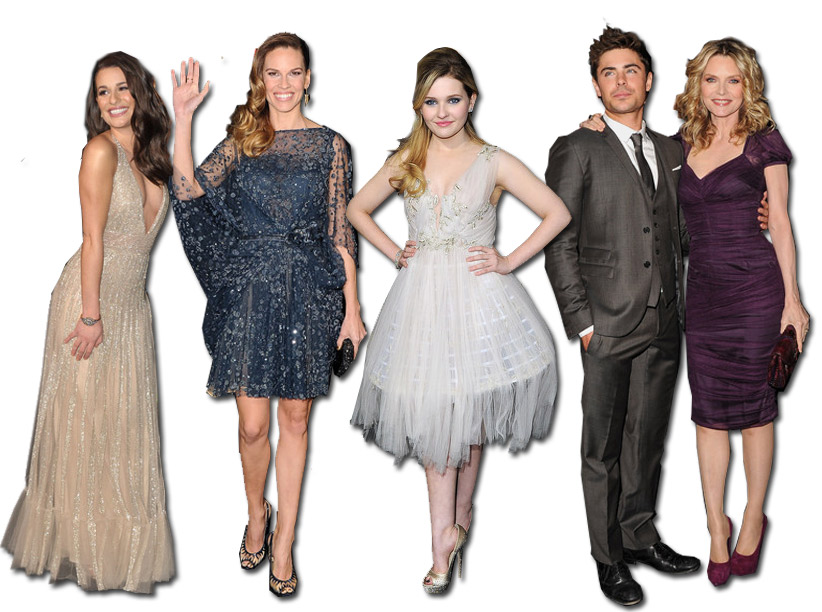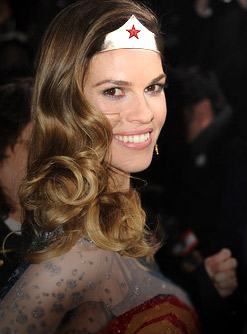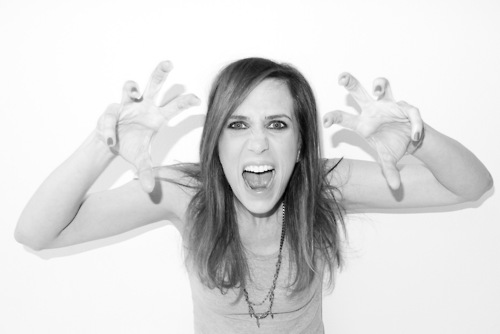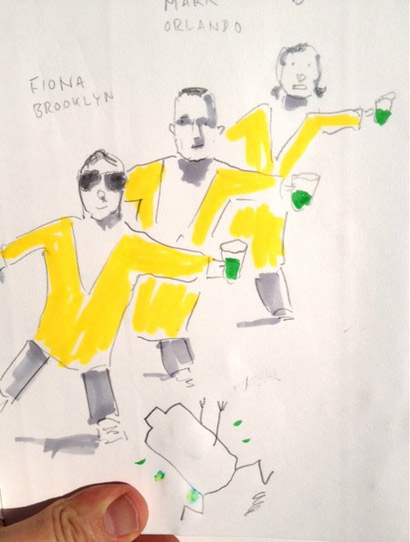'War Horse': Stage vs. Screen
 Friday, December 23, 2011 at 8:00PM
Friday, December 23, 2011 at 8:00PM  Kurt here. I am not, by any stretch, an authority on theater, and it's only recently that I've been able to collect a good number of playbills. But I can say, without hesitation, that the Broadway production of War Horse is the best thing I've ever witnessed on stage. I saw the show last Sunday, three days before I caught Spielberg's big-screen translation. In technical terms, the play is flawless, so staggeringly well-executed that, at intermission, my partner and I just gave each other wide-eyed, open-mouthed looks. The story, as expected, is one of very typical structure, with a found-and-lost-and-found-again relationship between and adolescent boy (Albert) and an almost preternatural stallion (Joey). But the stagecraft, while clearly taking some inspiration from Julie Taymor's The Lion King (and, perhaps, the Daniel Radcliffe incarnation of Equus), feels wildly extraordinary, at once awesome and minimalistic in its design.
Kurt here. I am not, by any stretch, an authority on theater, and it's only recently that I've been able to collect a good number of playbills. But I can say, without hesitation, that the Broadway production of War Horse is the best thing I've ever witnessed on stage. I saw the show last Sunday, three days before I caught Spielberg's big-screen translation. In technical terms, the play is flawless, so staggeringly well-executed that, at intermission, my partner and I just gave each other wide-eyed, open-mouthed looks. The story, as expected, is one of very typical structure, with a found-and-lost-and-found-again relationship between and adolescent boy (Albert) and an almost preternatural stallion (Joey). But the stagecraft, while clearly taking some inspiration from Julie Taymor's The Lion King (and, perhaps, the Daniel Radcliffe incarnation of Equus), feels wildly extraordinary, at once awesome and minimalistic in its design.
I've decided that what makes the play so potent, beyond its meticulously made yet intentionally haggard horse puppets, and its ripped-from-the-pages-of-history projection screen of a backdrop, is its fierce, unannounced insistence on getting in your space, nearly assaulting you when it's time for stagehands to hurriedly crisscross the performance space with barbed wire, line the aisles with pennant strings to prep for a recruitment scene, or pilot a massive, makeshift tank across an implied, strobe-lit battlefield (another highlight is an ultra-stylized, oversized bullet that's carried from the crowd and spun like a drillbit before striking a key character on stage).
And how does Spielberg's version measure up to all this? I did my best to not allow my first War Horse experience to make me biased against my second, and it's true that the two works are very different beasts. I was, however, keeping score as I basked in the orange glow of Spielberg's impossible skies, for this equine weeper's path to the screen yields a lot of pluses and minuses. Let's take a look (spoiler alert!) at how Spielberg bettered the material, and how he fell short of the merits of its past life.
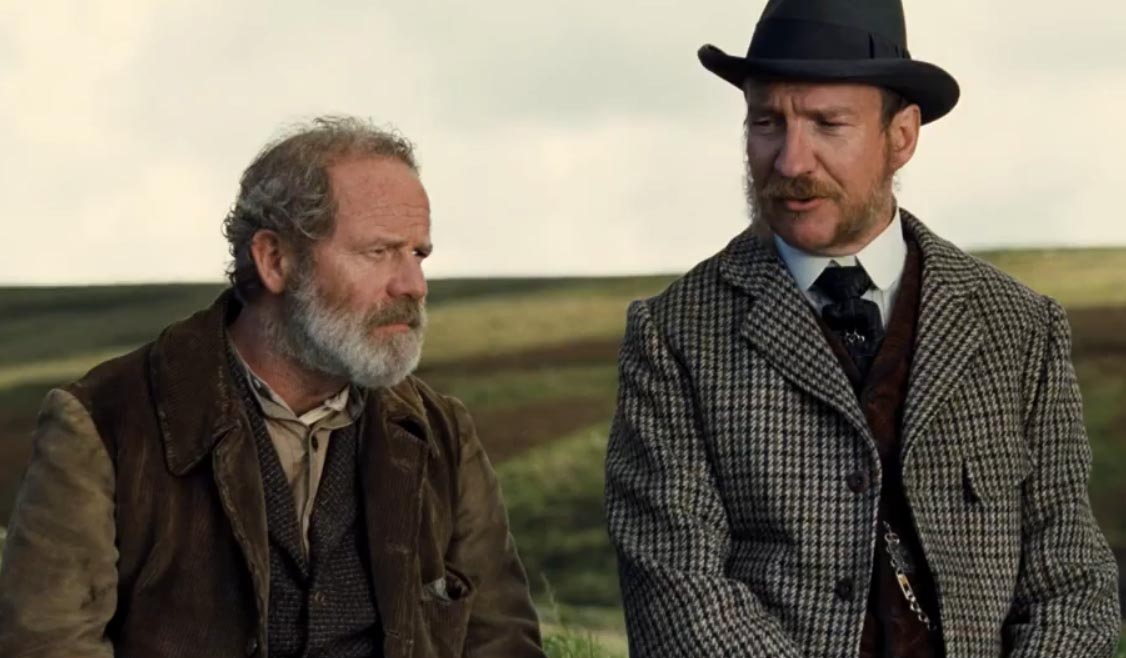 Peter Mullan and David Thewlis
Peter Mullan and David Thewlis
PLUS: Albert's Father
In the play, Albert's father, Ted Narracott is an irredeemable, profoundly hateable character (seriously, like please-shoot-him-right-now hateable). A drunk and alleged military deserter, he makes a pile of horrid choices—including impulsively selling Joey—and never considers for a moment how they will impact his son...



